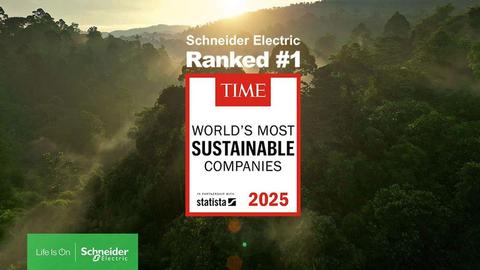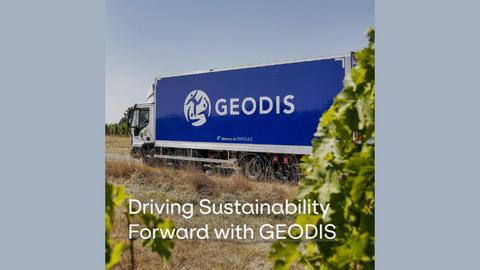Sustainability should be put at the core of post-pandemic recovery plans: Minister for Sustainability and the Environment Grace Fu

As Singapore revives its pandemic-hit economy, sustainability and the fight against climate change must be a fundamental driver in post Covid-19 recovery plans, said Minister for Sustainability and the Environment Grace Fu on Wednesday (Nov 4).
"We are at a significant juncture, where we have the opportunity to put sustainability at the core of our recovery plans and policies, and change the way we produce and consume," the minister added.
She said the country should continue strengthening its resilience against future shocks, including the "existential challenge" of climate change, supply chain disruptions and other public health threats.
Ms Fu was delivering her keynote address at the Singapore Dialogue on Sustainable World Resources, organised by the Singapore Institute of International Affairs.
Even as Singapore works hard to "build back better" in the face of an expected economic contraction of five to seven per cent this year, Ms Fu outlined how this can be done in a sustainable and inclusive manner. This includes driving climate action, catalysing innovation, and persisting with zero waste goals.
She cited how Singapore submitted its enhanced plan for emissions reduction to the United Nations Framework Convention on Climate Change in March this year, amid battling the pandemic.
The nation aims to halve carbon emissions from its peak by 2050, with a view of achieving net zero emissions as soon as viable in the second half of this century.
"This is an ambitious aspiration given our constraints as a small island city state, which limit our ability to deploy renewable energy at scale," said Ms Fu.
On top of that, this green push can support Singapore's post-pandemic recovery plans by unlocking new economic opportunities and jobs, she added.
In August, Ms Fu said the sustainability sector is expected to create 55,000 jobs in the next decade, with 4,000 created next year. These include skilled roles in the high-tech agriculture and aquaculture industry, waste management, and public hygiene.
The Ministry of Sustainability and the Environment will also grow the talent pool by offering scholarships in areas such as climate adaptation and climate science.
Other measures to mitigate climate change announced this year include a $25 million climate-friendly household package, where families in one- to three-room Housing Board flats will receive a one-off $150 voucher from the end of the year, to buy energy-efficient refrigerators.
The virtual dialogue on Wednesday also saw Ms Fu and Indonesia’s Coordinating Minister for Maritime Affairs and Investment Luhut Pandjaitan discuss both countries’ sustainability efforts and opportunities for regional cooperation.
Ms Fu said regional cooperation in sustainability efforts can include a common framework for sustainable product development, technological collaborations in areas such as agriculture, and maintaining Asean unity in the international arena.
“In the areas of agriculture and farming, we are just starting, but there are countries like Indonesia, Malaysia, Thailand that are way ahead of Singapore. I’m sure there are lots of progress being made on in agriculture (in these countries) that we can benefit from,” said Ms Fu.
Mr Pandjaitan also invited Singapore to be a part of Indonesia’s green initiatives, such as in mangrove research. The archipelago – home to 120 mangrove species – will replant around 670,000ha of mangroves in the next few years.
On the regional front, the Singapore-based Asean Specialised Meteorological Centre will continue to help Asean nations build capabilities in areas such as weather forecasting, climate change projection and haze monitoring.
Ms Fu noted that South-east Asia has largely been spared from fires and haze this year. This is partially due to a wetter second half of the year, caused by the La Nina climate phenomenon bringing cooler weather and more rainfall to the region.
The weatherman forecasts that La Nina conditions will continue at least until the end of this year.
"While risks of (haze) recurrence remain, there are opportunities to be gained if action is taken," Ms Fu said.
"With climate change, warmer and drier weather can be expected in the years to come. We must continue to enhance regional cooperation to achieve Asean's vision of a haze-free region."
News Source: The Straits Times
Photo by Eyoel Kahssay on Unsplash


